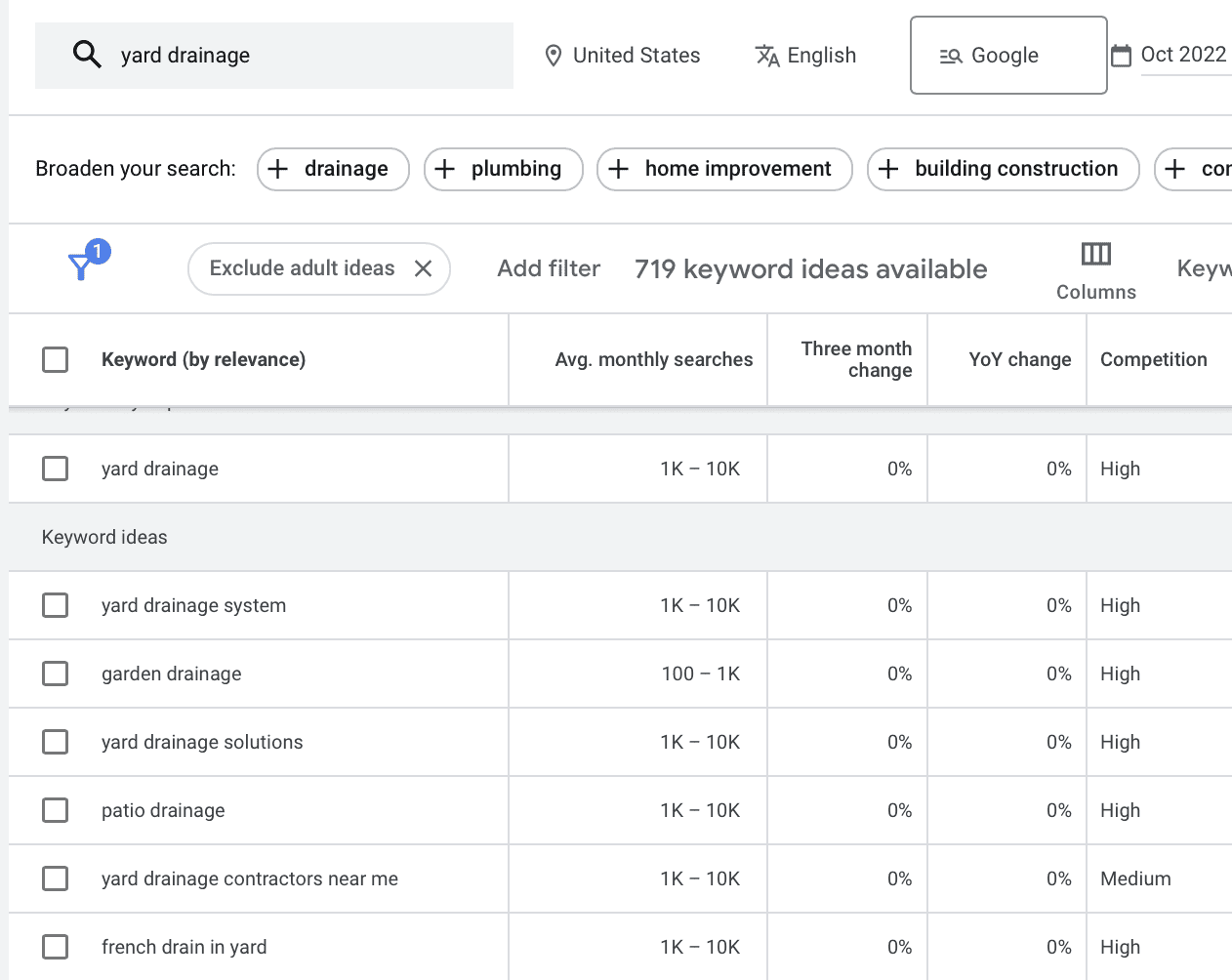When you’re breaking into pay-per-click (PPC) advertising, the first question you should ask is which platform you should be using. And for many, that boils down to a singular question: Google Search Ads vs. Facebook Ads, and which is better.
It’s an important question, and the answer really is “it depends.” The most effective ad platform will depend on the strategy behind the ads, and where your business is currently at.
We know that you don’t want to come to us three, six, or even twelve months down the line asking why the ads you’ve been running aren’t working only to hear that you’re using the wrong platform, so let’s take a look at which platform is best for you in the Facebook Ads vs. Google Ads debate.
How to Choose Between Google Ads and Facebook Ads
Choosing between Google Ads and Facebook Ads is really going to come down to the market’s awareness of your business, and specifically the problem that your business helps solve.
We’re going to cover everything in this post, but you can also check out our Google Ads vs. Facebook Ads video:
What to Consider When Choosing Between Google Ads vs. Facebook Ads
When you’re first getting started with an ad platform, it’s best to choose one or the other to invest in. So, there are two core questions you need to ask yourself, and it’s all about the market and customer knowledge.
1. Do People Know About My Product or Service?
Are people actually aware of what it is that you’re selling?

For example: I know about plumbing services. If my sink starts leaking, I know to call a plumber. I will actively look for one if I have a need for one, and likely with a solid amount of urgency depending on the specific problem at hand.
I may not, however, realize that there’s a new type of plumbing tape that can fix leaky pipes in no time without replacing anything. (Sorry, wish this was real, but just an example). This is something I probably wouldn’t be looking for.
These are two solutions to the same problem— but I’m only likely to be looking for the first solution, because it’s the one I know about. Which means that it only makes sense to advertise on Google Ads if you’re a plumber, because that’s what people are searching for.
That plumbing tape, though? Highly valuable, but it’s new and innovative and no one is looking for it yet.
You just need to create awareness of your product by talking about the problem and how you can help solve it. That’s where Facebook comes in, because you can educate people about what you do and the problem you help solve. And regardless of all the bad press about Facebook lately, it’s still easily one of the most effective ways to get your message (and your product or service!) out there.
In general: If people know about you as a solution, they’re probably searching for you when the need you. You want to be on Google Ads to capture that search intent, especially since they’re probably searching for a solution they want urgently.
And if they’re not, you need to create awareness with Facebook Ads and Instagram Ads. (And, if you’re a B2B brand, you’ll want to consider LinkedIn Ads, too).
2. Are People Looking For A Solution to the Problem My Business Solves?
This second question is related to the first, but there’s a difference: It’s not just whether customers are aware of the type of product or service you offer, but whether they’re actively looking for a solution to a specific problem.
A new parent, for example, might not know about bottle warmers, but they are very likely to search for “how to heat up bottle safely.”
And if I’ve got drainage issues in my yard that could cause flooding, I might search for “solution for standing water in yard.”
If you have enough people actively searching for solutions and you’re able to harness that, Google Ads could be a good fit— as long as the limited text in a search ad is enough to explain how you can solve that problem.
A good way to check if there’s enough demand is to do some keyword research. If you go to the Keyword Planner, you can go to the “discover” section and look for specific keywords related to your product or service.
If you look for terms related to “yard drainage,” for example, you’ll see plenty of keywords with decent search volume.

You want to look for keywords that have a few hundred to a thousand (and ideally, several thousand) average monthly searches. If you find that, that’s enough to indicate that there’s already search intent and demand. If not, there’s likely not enough awareness about both the type of product and service, and maybe even the problem.
Based on this, prioritize the channel that works for you right out of the gate.
Final Thoughts: Is There Ever a Time to Use Both Google Ads and Facebook Ads?
We strongly believe that it’s best to start with one platform: Either Google Ads or Facebook Ads, based on the criteria above.
You want to start with platform and test it out. Optimize it. Give it time to learn the system, and see how it works for you. Then you can either start investing in another platform and doing the same, or realizing that it doesn’t work for you and move to the next anyways.
That being said— some brands do use both Facebook Ads and Google Ads, but not necessarily for brand discovery purposes. As they scale, they may have strategies that use Google Ads to drive discovery and Facebook Ads to retarget users who viewed a landing page.
This can be effective, but only once you’ve optimized one platform and then moved to the next. Start with one, and then test out additional strategies.
Ready to get started with Google Ads? We can help. Learn more about our approach here.



